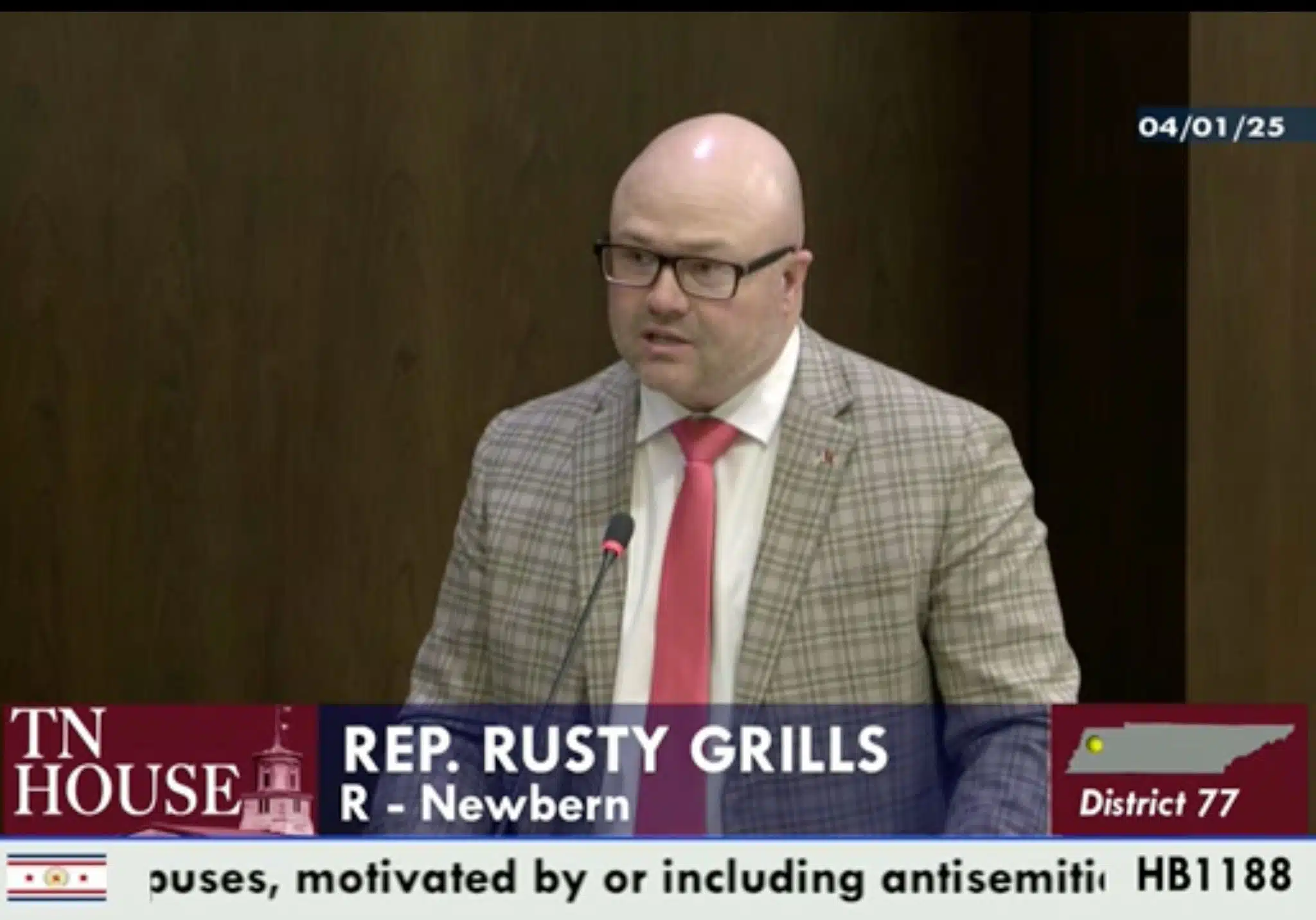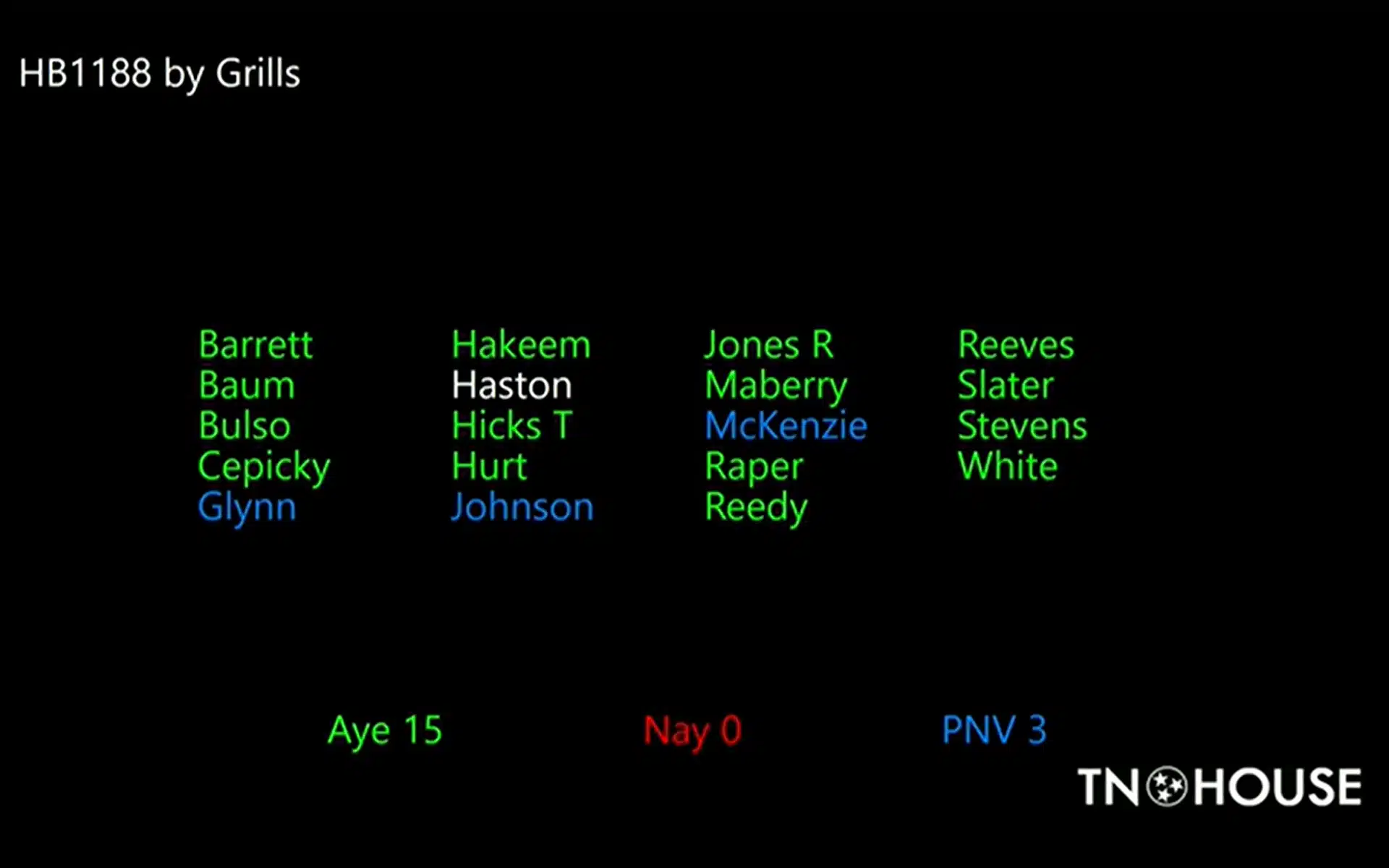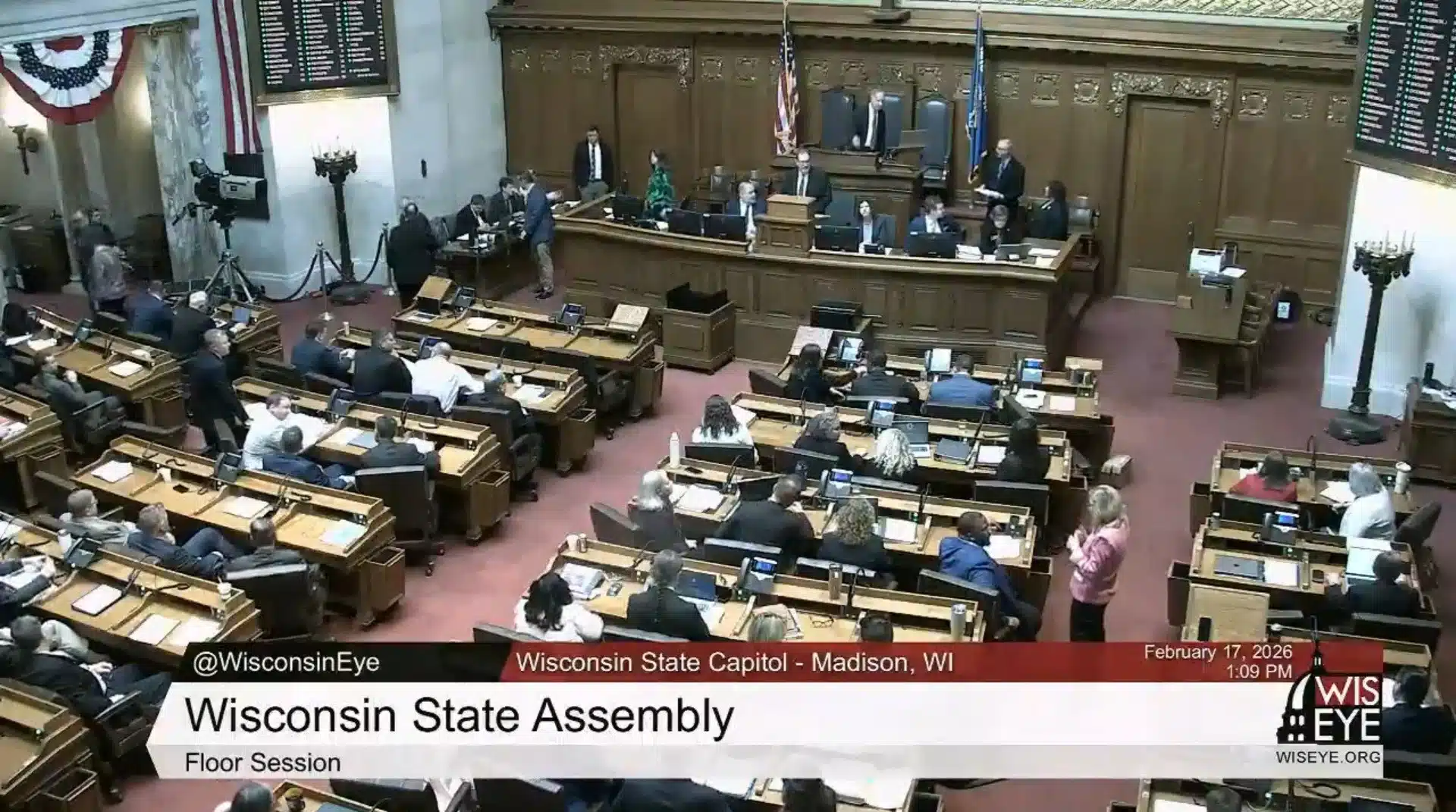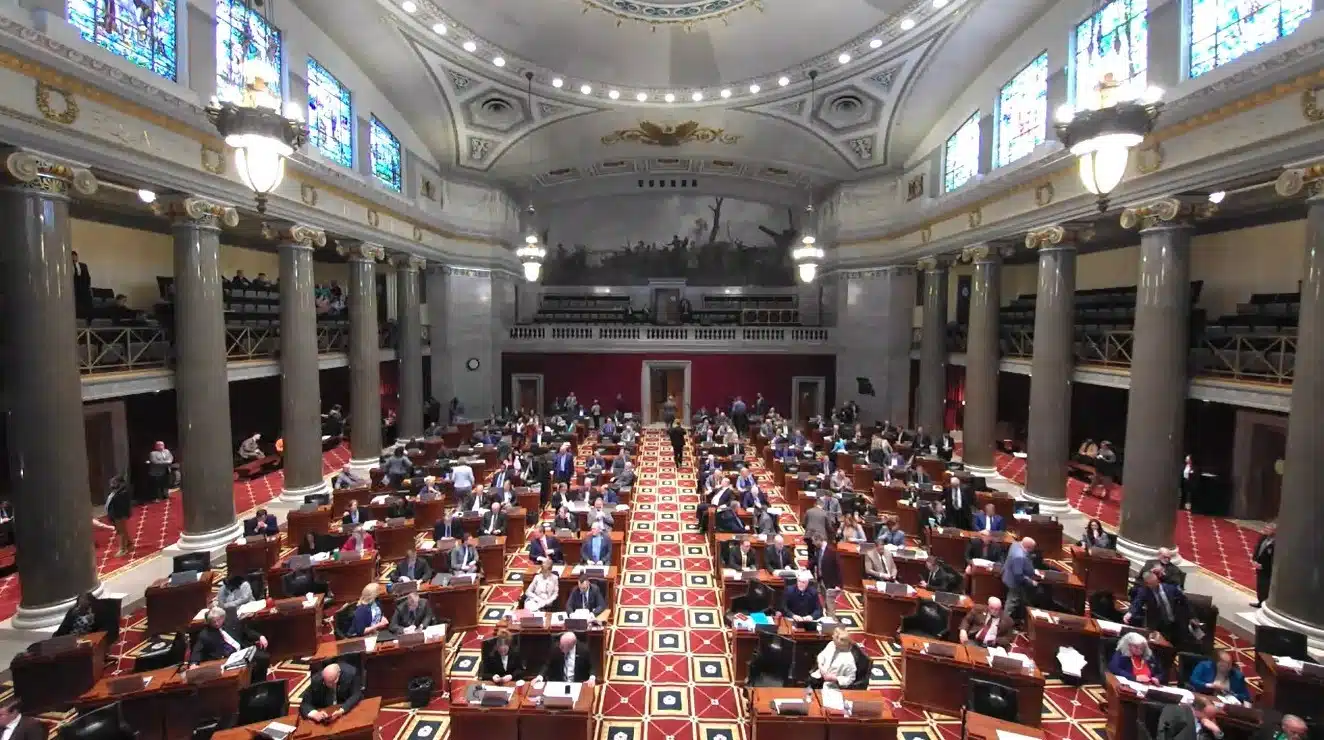|
Getting your Trinity Audio player ready...
|
The Tennessee House of Representatives Education Committee held a hearing on Tuesday where a new bill — HB 1188 — to address and prohibit antisemitic discrimination in the state’s public K-12 schools and institutions of higher education was presented.
After the discussion, the bill — the full text of which is available HERE — was advanced with a 15-0-3 vote.
The legislation, sponsored by Representative Rusty Grills, defines antisemitism using the International Holocaust Remembrance Alliance (IHRA) Working Definition of Antisemitism, including its 11 contemporary examples.
Companion legislation in the Tennessee Senate sponsored by Senator Paul Rose was passed by the Senate Education Committee in a unanimous 9-0 vote last week.
The IHRA antisemitism definition was already adopted by Tennessee in 2022 via HB 2673, passed by the General Assembly and signed into law by Governor Bill Lee.
A total of 37 U.S. states have adopted the definition, according to a database compiled by the Antisemitism Research Center (ARC) by the Combat Antisemitism Movement (CAM).
HB 1188 requires the integration of the definition into student, faculty, and employee codes of conduct or anti-discrimination policies. The bill also gives teeth to Title VI by directing the Tennessee Department of Education and each institution of higher education to designate a Title VI Coordinator to monitor, review, and investigate antisemitic complaints and incidents of discrimination, in public K-12 and post-secondary schools, and requires the coordinator to submit an annual report to the State Attorney General and the General Assembly.
The legislation is backed by CAM, and Jewish community activist David Soffer spoke on behalf of CAM at Tuesday’s hearing at the State Capitol in Nashville.
“Since October 7, 2023, there has been a disturbing surge in antisemitic activity across the United States, putting the safety of Jewish students and the broader Jewish community at risk,” Soffer said. “Our K-12 schools, as well as college and university campuses, have become increasingly hostile environments, with incidents ranging from anti-Israel protests and demonstrations to physical harassment, intimidation, and even violence. Jewish students and faculty have faced threats, physical harm, and have been blocked from entering certain campus areas, contributing to an atmosphere of fear and division.”
“Passing HB 1188 will send a powerful message that Tennessee is taking proactive steps to protect its Jewish community,” he emphasized. “It will also demonstrate to the rest of the nation that Tennessee is committed to combating hatred in all its forms and ensuring the safety and dignity of all students, faculty, and staff.”
Jason Diebner, a Jewish student at the University of Texas-Austin, also testified before the committee, recalling his personal brushes with on-campus antisemitism in the aftermath of the October 7th massacre in Israel.
“Over the past year, simply expressing my Jewish identity — whether by wearing a yarmulke, a Star of David, an Israeli flag, or even just speaking Hebrew — has made my Jewish peers and I targets on campus,” he said. “After the horrific events of October 7th, any initial sympathy towards the Jewish campus community quickly faded. In its place came hostile protests, marked by blatant antisemitism, and attacks on the very existence of the State of Israel. College is supposed to be a time to focus on learning and building friendships. Instead, I’ve had to shift my focus to protecting my physical safety and defending my identity.”
HB 1188, he noted, would ensure “Jewish students, faculty, and staff — like all others — are respected, protected, and valued on campus.”
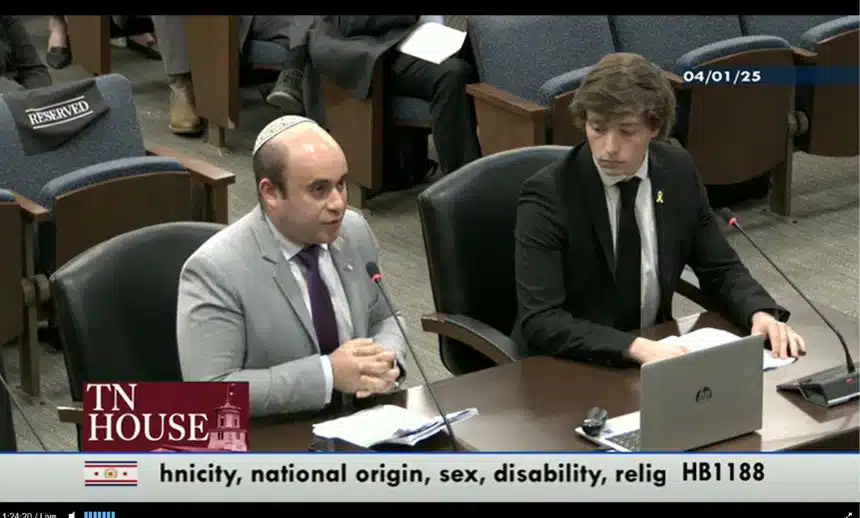
The legislation is supported by the University of Tennessee-Knoxville and the University of Memphis, the two largest higher education institutions in Tennessee.
CAM is leading an organized effort to engage and educate state legislators across the United States on antisemitism-related issues and potential policy remedies, such as the bill now under consideration in Tennessee.
Similar legislative initiatives have also been put forth in Arkansas, Kansas, Missouri, Nebraska, and Oklahoma in recent months.


